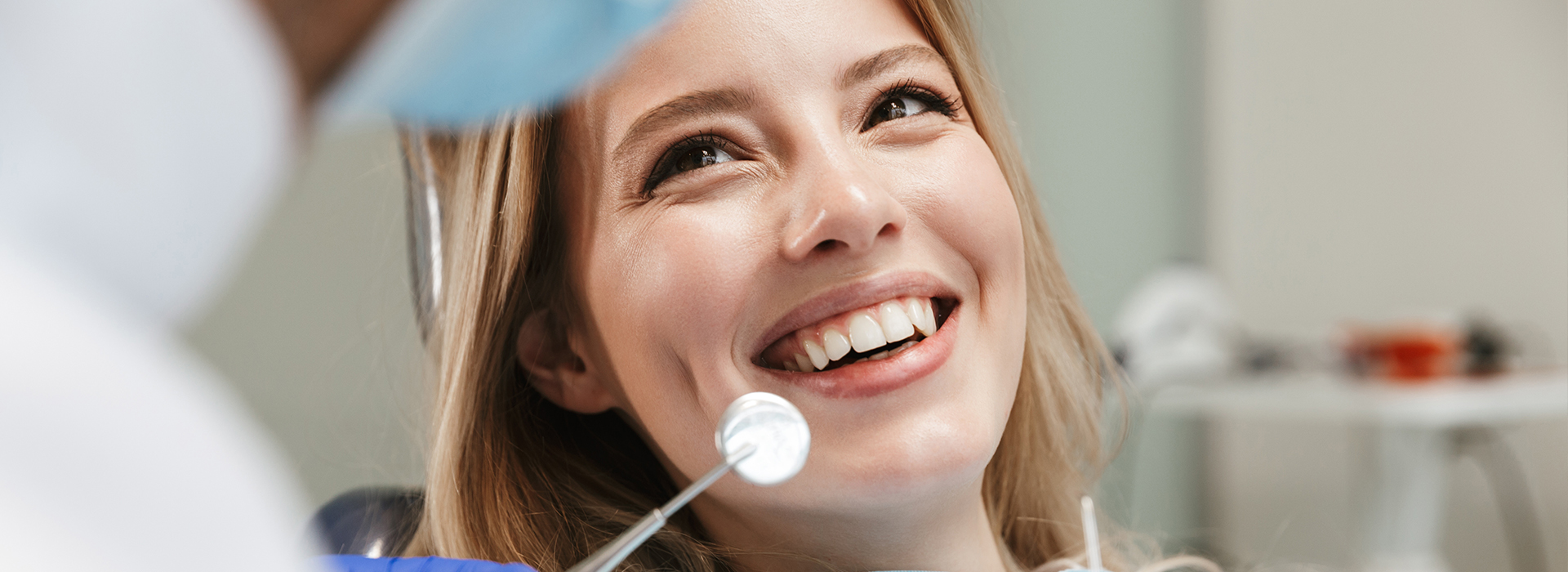
Keeping your smile healthy starts at home with daily brushing and flossing, but professional dental cleanings play a vital role in preserving long-term oral health. Routine visits allow a trained hygienist to remove buildup that ordinary brushing can miss, identify early signs of trouble, and partner with you on a preventive plan. The result is not only a fresher smile, but a lower risk of cavities, gum disease, and the complications that can follow.
Plaque is a living film of bacteria that accumulates on teeth and along the gumline. When plaque is allowed to harden into tartar, it creates a rough surface that encourages more buildup and makes thorough cleaning more difficult at home. Professional cleanings remove these deposits and disrupt bacterial colonies before they can cause lasting damage to tooth enamel or periodontal tissue.
Regular cleanings also give the dental team an opportunity to screen for early warning signs—redness, swelling, pocketing, or areas of unusual wear—that can indicate the beginning stages of gum disease or other oral health concerns. Catching these changes early makes treatment simpler and more predictable.
Beyond oral health, inflammation from untreated gum disease has been linked in studies to broader health issues. While a cleaning alone is not a cure-all, maintaining a schedule of professional care is a practical step patients can take to support both oral and overall wellness.
A professional cleaning begins with a brief review of your health history and any changes in symptoms since your last visit. The hygienist will examine the mouth visually and may take measurements around the gums to assess tissue health. This assessment helps tailor the cleaning and identify areas that need close attention.
Cleaning typically combines manual instruments with an ultrasonic scaler. The scaler uses gentle vibrations and a steady stream of water to dislodge tartar and soften deposits, while hand instruments allow the hygienist to refine and smooth tooth surfaces. These techniques work together to remove both visible and hidden buildup from above and just below the gumline.
After scaling, teeth are polished to remove surface stains and create a smooth finish that is less likely to collect plaque. The hygienist will floss between the teeth and may apply a topical fluoride or other preventive treatments when appropriate. If you experience sensitivity or anxiety, the team can discuss options such as topical numbing agents or other comfort measures to make the visit easier.
For most patients, dental professionals recommend a cleaning and exam every six months. This interval balances practical prevention with the natural pace at which plaque and tartar accumulate for the average healthy mouth. Routine twice-yearly visits help maintain stability and keep small problems from becoming larger ones.
Certain circumstances call for more frequent care. Patients with a history of periodontal disease, uncontrolled diabetes, a weakened immune system, or a heavy tobacco habit may need cleanings every three to four months to control bacterial levels and protect gum health. Your hygienist will recommend a schedule based on your medical history, current oral condition, and response to prior treatments.
Children, teens, and adults who show rapid plaque buildup, visible staining, or frequent cavities may also benefit from more frequent hygiene visits. Scheduling is individualized; the goal is to find the interval that best preserves your teeth and supporting tissues over the long term.
Professional care and at-home routines work hand in hand. Brushing twice a day with a soft-bristled brush and fluoride toothpaste removes daily plaque and helps prevent cavities. Equally important is cleaning between teeth—daily flossing or the use of interdental brushes removes biofilm from spaces that toothbrush bristles can’t reach.
Small changes to daily habits can have an outsized impact: rinsing after meals if you can’t brush, choosing water over sugary beverages, and limiting frequent snacking all reduce the amount of material that the hygienist must remove. For patients with orthodontic appliances or bridges, specialized tools such as floss threaders or water flossers can improve plaque control between visits.
Maintaining regular cleanings also supports better at-home care. During visits, the hygienist will point out specific trouble spots, demonstrate targeted techniques, and recommend products that match your needs—making your daily routine more effective and reducing the likelihood of problems between appointments.
At the office of Seals Family Dentistry, we structure hygiene visits around patient comfort, education, and measurable outcomes. Our team focuses on gentle techniques and clear communication so patients understand what’s being done and why. We believe informed patients make better decisions about their care and are more successful at maintaining oral health between visits.
Comfort measures are available for those who experience sensitivity or dental anxiety. Whether it’s using topical desensitizers, pausing to check comfort levels, or explaining each step before it happens, the goal is a positive, collaborative experience that leaves patients feeling confident about their oral health.
Prevention is our guiding principle. By combining professional cleanings with personalized home-care advice, ongoing monitoring, and tailored recall schedules, we help patients preserve their teeth and gums for a lifetime.
In short, routine dental cleanings are a cornerstone of preventive care: they remove stubborn deposits, reveal early signs of trouble, and support healthier mouths. If you’d like to learn more about how professional cleanings fit into your personal care plan, please contact us for more information.

Whether you're ready to schedule your first appointment, have a question about our services, or need urgent dental care, we’re just a call or click away. Our friendly team is here to make your experience simple, stress-free, and tailored to your needs.